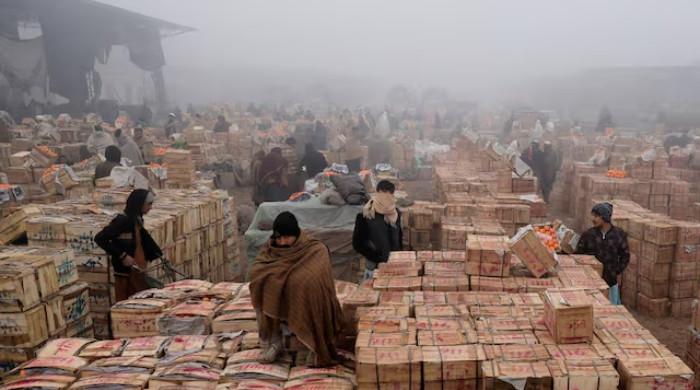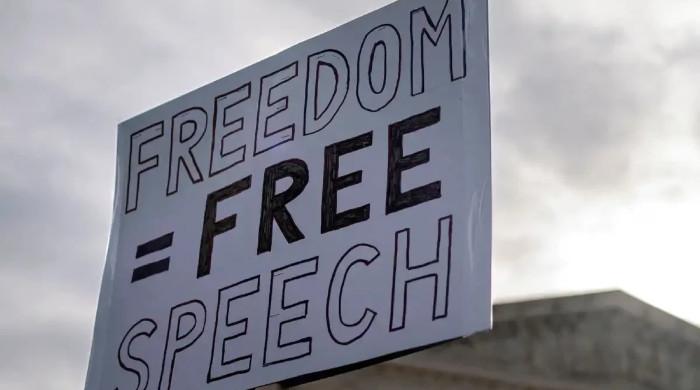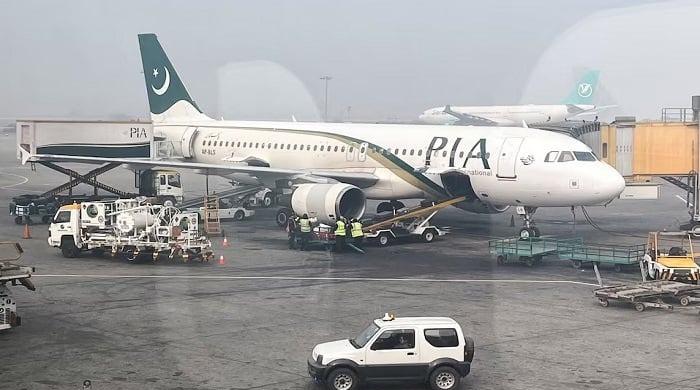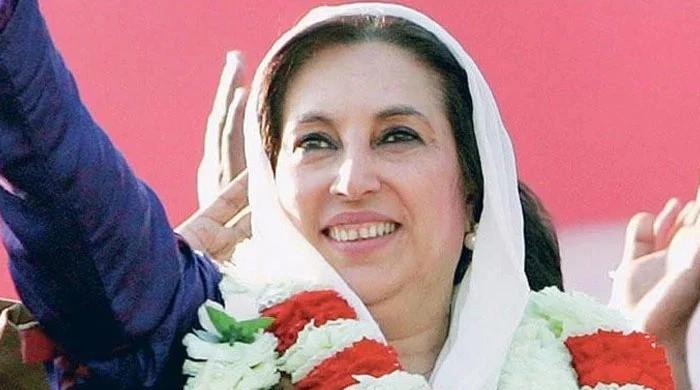Poor nation, rich lifestyles
If we are indeed a poor developing nation, the lifestyles of our ruling classes speak in a radically opposite manner
January 27, 2025
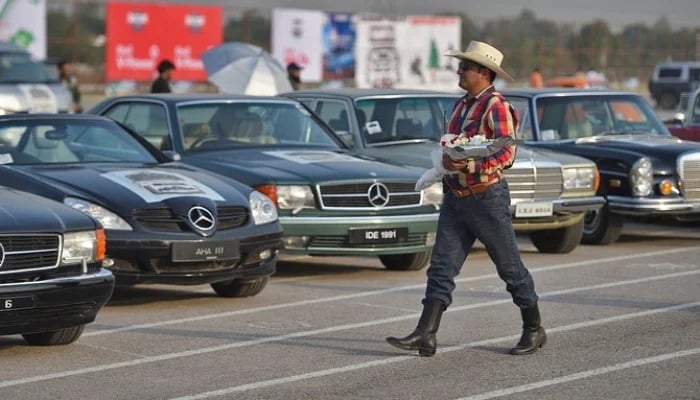
A question that arises in every thinking mind is whether we are a developed nation, developing nation or a poor nation that barely managed to return from the edge of financial default.
Can a nation whose 26 million children don’t go to school and whose 40% population lives below the poverty line afford to act as if its economy is booming and there isn’t a single soul sleeping with an empty stomach? Our ruling elites portray a different scene.
If we are indeed a poor developing nation, the lifestyles of our ruling classes speak in a radically opposite manner. The report to fabulously increase the salaries and benefits of members of parliament and judges was fresh in public minds when the news of the FBR’s decision to buy 1010 Honda City cars for its field staff hit the news headlines.
“These vehicles would be provided with modern features including navigation system, reverse camera, high-grade interior, four free periodic maintenance, four years or 100,000km extended warranty, in addition to training of FBR staff and officers to use the tracking system”, the directive elucidated. The revered idea behind this huge expense at taxpayers’ cost is to net ‘tax evaders’.
The taxpayers launched a scathing criticism against the FBR’s decision of buying new vehicles on the pretext of netting tax evaders while the FBR officials defended their decision that the cars would only be used for official duties. The people know how government vehicles are misused by officials and their families. Usually, an SUV or a luxury staff car is meant for the big boss, another car for his family and yet a small vehicle to carry out everyday household chores.
As it is, the tax evaders are not invisible individuals; they live amongst us in ostentatious style and the income tax staff know who they are. No wonder a nation of 240 million has about 7.2 million registered tax filers out of which only 2.5 million are active tax filers. In January this year, the reported number of active taxpayers reached 5.9 million. Why do the people who can afford to pay income tax to the government avoid paying it? It’s not their fault as much as it is the government’s blatant misuse of their tax money.
The phenomenal increase in the salaries of parliamentarians and judges and now the purchase of 1010 cars for grade 18 officers of the FBR is a glaring example of misusing public money. Is there any precedence of such wanton spending of public taxes in other countries? Does the UK government, which boasts of being the mother of democracies, have the freedom to increase the salaries of its bureaucrats and parliamentarians so abundantly when its economy is struggling to survive?
Our economic situation is different. We heave a sigh of relief when the foreign donors agree to rollover loans. Instead of treating the loans with frugality and circumspection, the government goes on a spending binge as though we are a country floating on oil and not one with a begging bowl in hand.
As the main donor, the IMF exerted pressure to cut down government expenses and privatise huge loss-makers: Pakistan International Airlines and the Pakistan Steel Mills. Instead of privatising the loss-makers, the privatisation of both white elephants was circumvented. The losses incurred by the stat- owned organisations is a dilemma the nation has to put up with.
Recently, Finance Minister Muhammad Aurangzeb unveiled a government plan to abolish 150,000 vacant posts in attached departments of various ministries. Again on IMF demand, the government was compelled to bring down its annual expenses from the existing level of Rs880 billion spent on ministries and its attached departments. Why did the so-called ‘vacant’ posts exist? Would a private entrepreneur maintain such posts?
Similarly, the state-owned enterprises, dearly called SOEs, suffered losses of Rs408 billion during the first six months (July to December) of FY2024. It’s shocking to know that the total losses from 2014 to December 2024 amounted to Rs5.9 trillion. Interestingly, the SOEs still form part of the government inventory instead of being disbanded.
What is most disturbing is that poor Pakistanis lose their lives as the boats they illegally travel in capsize on foreign shores. They are going in search of jobs in foreign countries when the state lavishly exhausts tax money on its officialdom.
The writer is a freelance columnist based in Lahore. He can be reached at: [email protected]
Disclaimer: The viewpoints expressed in this piece are the writer's own and don't necessarily reflect Geo.tv's editorial policy.
Originally published in The News





